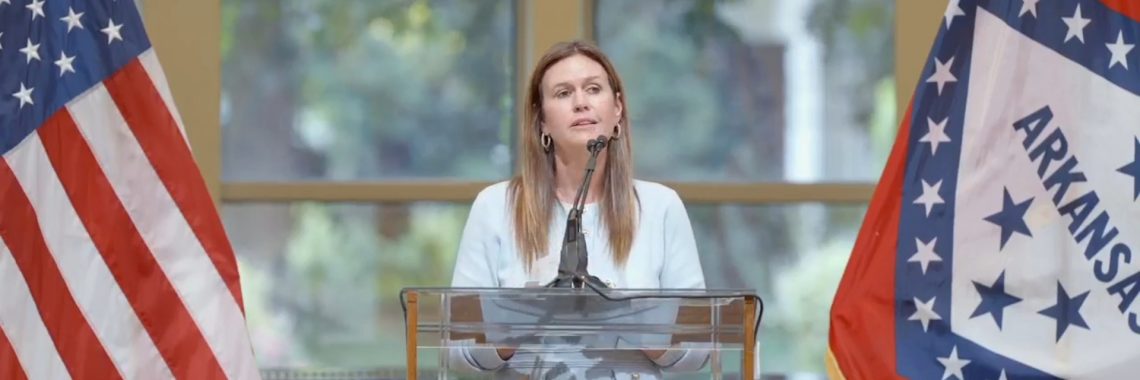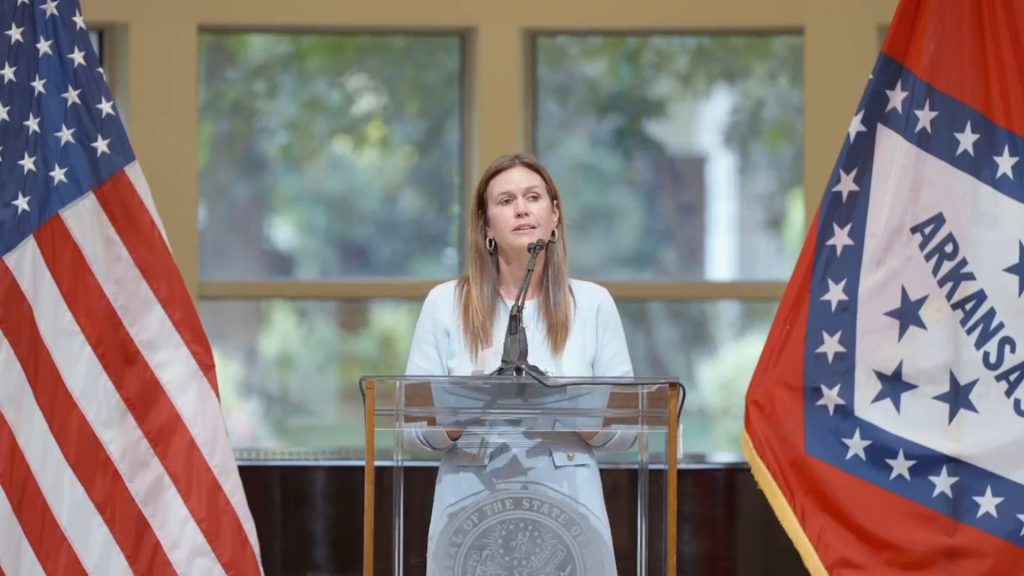NCAA Announcements Draw Attention to Sports Betting Violations

Last month, the NCAA issued a press release announcing it is in the process of addressing alleged sports betting violations by 13 men’s basketball players.
The allegations center on student-athletes betting for and against their own teams, sharing information for sports betting purposes, manipulating scores or game outcomes, and refusing to cooperate with investigators.
The NCAA is careful to point out that none of the players are still enrolled in the schools where the sports betting violations allegedly occurred.
In a separate statement issued last month, the NCAA revealed that three men’s basketball players colluded to win bets that they placed on one another.
Unfortunately, stories like these are not surprising.
We have written before about how sports betting corrupts athletics.
The national experiment with sports gambling has been a disaster for individuals and families, but it is also undermining athletic programs nationwide.
Sports betting is now legal in 39 states — including Arkansas, where people wager more than a million dollars a day, on average. That kind of gambling ruins lives, tears families apart, and hurts communities.
Studies indicate people who gamble on sports may be twice as likely to suffer from gambling problems.
Young men are particularly hurt by sports gambling. Twenty-year-old males account for approximately 40% of calls to gambling addiction hotlines, and upwards of 20 million men are in debt or have been in debt as a result of sports betting.
And research now shows that the legalization of sports betting may be linked to serious financial problems in America — such as credit card debt, overdrafts, late payments on loans, lower credit scores, and higher bankruptcy rates.
Last year the Arkansas Problem Gambling Council announced it has seen a 22% increase in calls for help with problem gambling — driven largely by sports betting.
As powerful corporations try to make gambling part of everyday life, it’s important for Arkansas to protect citizens and families from predatory gambling. Otherwise, gambling addiction will simply continue hurting innocent people in our state.
Articles appearing on this website are written with the aid of Family Council’s researchers and writers.




